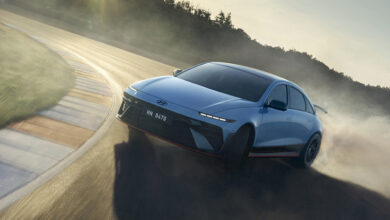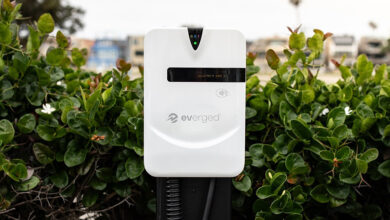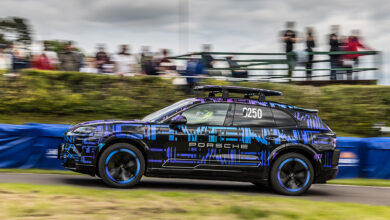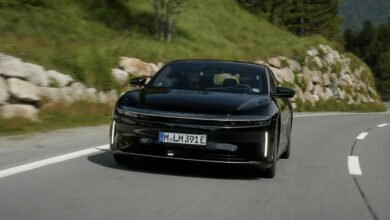Study: Affordability Concerns Slowing EV Adoption
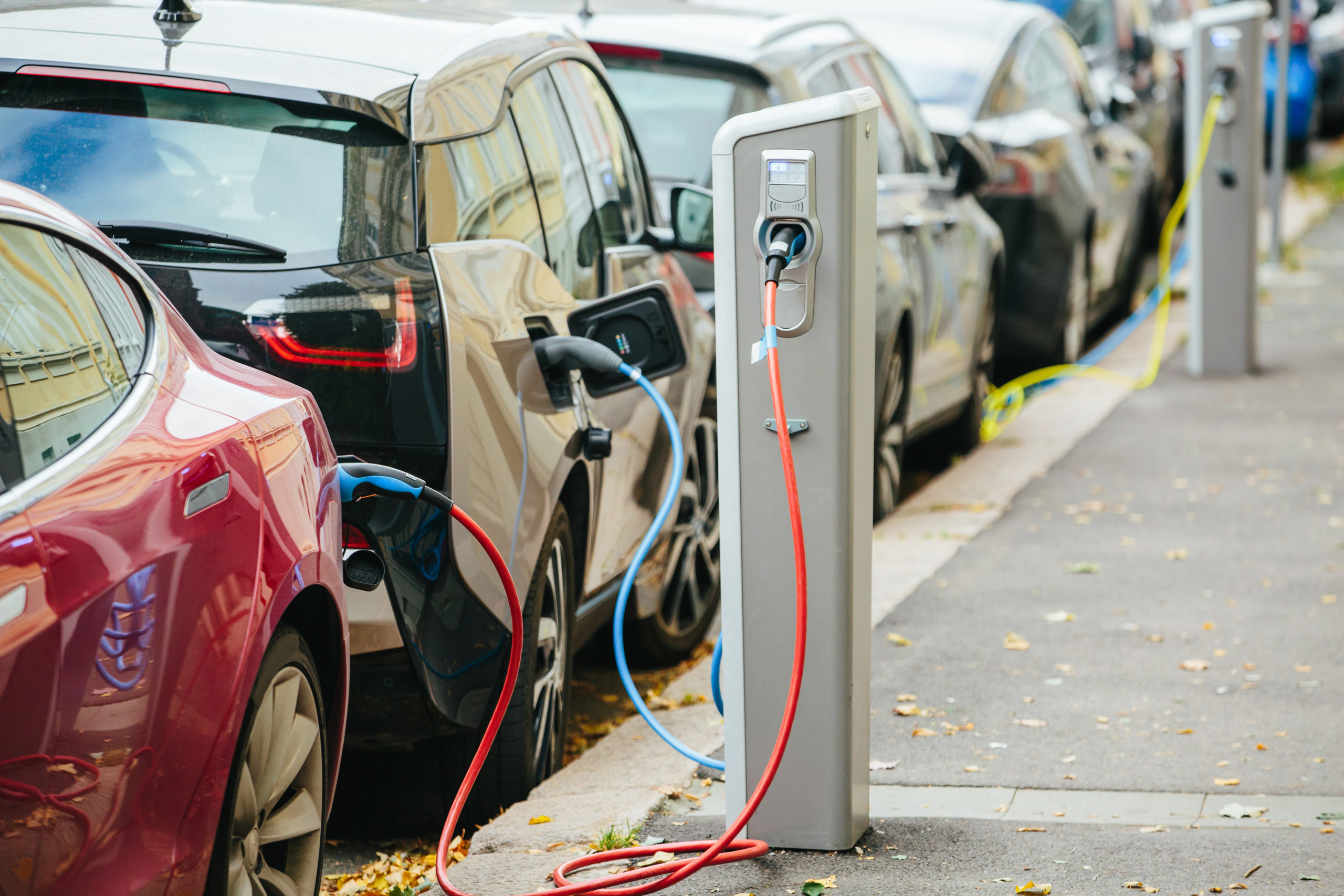
Deloitte has released its “2023 Global Automotive Consumer Study,” which explores a variety of concerns shaping the global automotive sector, including consumer interest in EV adoption, vehicle purchase intent, connectivity and consumer trust, the company announced. The report is based on a survey of more than 26,000 consumers from 24 countries conducted between September and October 2022.
While internal combustion engine (ICE) vehicles still dominate future vehicle purchase intentions, preference for electrified powertrains continues to rise, the study found. Overall, the global shift to EVs is happening at different speeds as individual markets face varying challenges to adoption, including cost and availability of charging infrastructures.
Study findings:
• In the U.S., intent to purchase hybrid electric vehicles (HEV), plug-in hybrid electric vehicles (PHEV) and all-battery powered electric vehicles (BEV) are each up by 3 percentage points from 2022, according to the study.
• Spurred by inflation, cost is the top concern hindering EV adoption in the U.S. (52%) and Japan (50%). Driving range (Germany, 57%); time required to charge (Japan, 50% and Republic of Korea, 49%); the lack of public charging infrastructure (Southeast Asia, 54% and India, 43%); and battery safety (China, 32%) are also top of mind.
• Despite mounting concerns about climate change and reducing emissions, lower fuel expenses are the top reason consumers choose EVs in the U.S., Germany, India, Japan, the Republic of Korea and Southeast Asia, in an effort to reduce vehicle operating costs.
• The majority of EV drivers expect to charge their vehicles at home, particularly in the U.S. (77%), Germany (75%), Japan (72%) and China (65%). Demand for public charging is highest in the Republic of Korea (43%) and India (41%).
• Among those planning to charge their vehicles at home, half of U.S. consumers (51%) will leverage traditional power grids, compared to 66% who said the same in 2022, demonstrating an increased desire to use renewable power for EVs.
• Simple payment options for public charging may help drive overall adoption: Most drivers globally would prefer to use a credit/debit card (Republic of Korea at 57%, U.S. at 56%, Japan at 51%, and Germany at 47%) or smartphone app (China at 53%, Southeast Asia at 52%, and India at 45%).
• Consumers in most markets, including 50% of U.S. consumers, are willing to spend between 20 minutes to one hour charging a vehicle at a public charging station from empty to 80%. To pass the time, U.S. consumers would most prefer to have amenities like Wi-Fi connectivity (64%), restrooms (60%) and beverages (56%) readily available.
Click here to read the full report.
